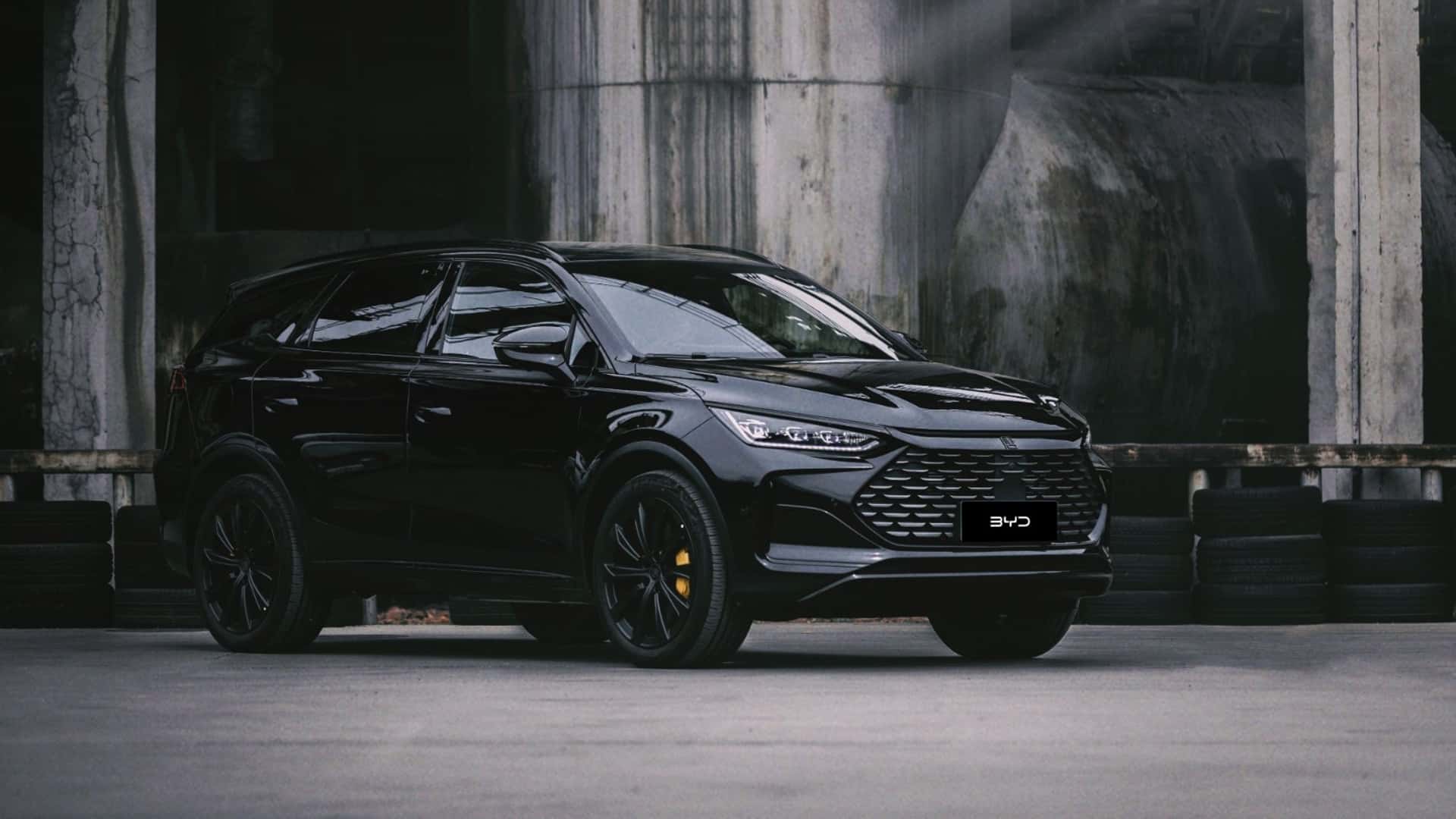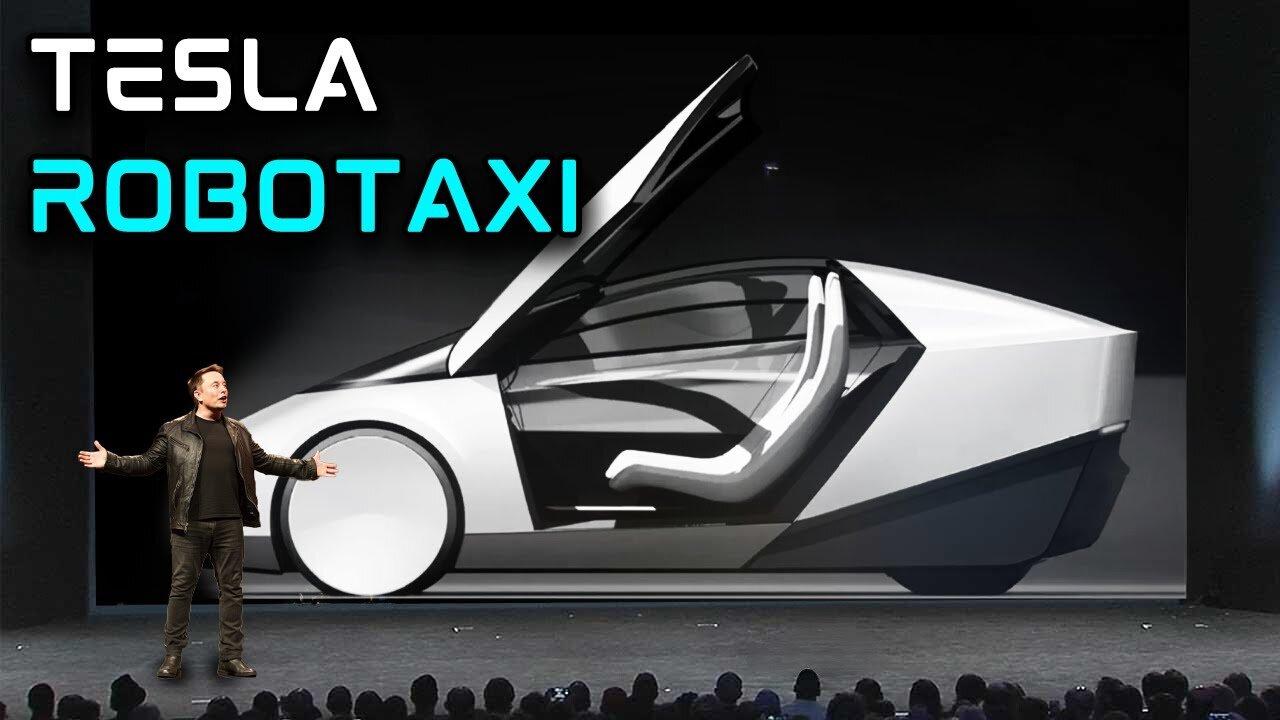Luxury Car Sales In China: Analyzing The Struggles Of BMW And Porsche

Table of Contents
Intensifying Competition from Domestic Brands
The rise of domestic Chinese automakers is a major factor impacting luxury car sales in China for established brands like BMW and Porsche.
Rise of Local Competitors
Chinese brands such as Nio, Xpeng, and BYD are rapidly gaining traction, offering compelling alternatives to established players. Their success stems from a combination of factors:
- Competitive Pricing: Many domestic luxury EVs are priced more aggressively than comparable models from BMW and Porsche, making them attractive to a wider range of Chinese consumers.
- Technological Advancements: Chinese brands are often at the forefront of electric vehicle (EV) technology, incorporating advanced features like battery technology, autonomous driving capabilities, and sophisticated infotainment systems. For example, Nio's battery swap technology offers a significant advantage over traditional charging methods.
- Targeted Marketing: Chinese brands are adept at reaching younger, tech-savvy consumers through digital marketing channels and social media platforms, effectively communicating their brand image and value proposition.
Data shows a clear trend: the market share of domestic luxury brands is steadily increasing, while that of BMW and Porsche is experiencing a decline. This necessitates a strategic reassessment for international players.
Shifting Consumer Preferences
The preferences of Chinese luxury car buyers are evolving rapidly. Factors like technology, design, and brand image are playing a more significant role in purchase decisions.
- Electrification: The demand for electric and hybrid vehicles is soaring in China, driven by government incentives and growing environmental awareness. BMW and Porsche need to accelerate their EV offerings to stay competitive.
- Autonomous Driving: Chinese consumers increasingly value autonomous driving features, expecting advanced driver-assistance systems (ADAS) and self-driving capabilities in their luxury vehicles.
- Digital Connectivity: Seamless integration with smartphones and other digital devices is crucial. Infomationtainment systems must be user-friendly and offer a personalized experience.
- SUV Dominance: The popularity of SUVs and crossovers continues to grow in the Chinese luxury market, demanding a robust SUV portfolio from international brands.
Economic Slowdown and Geopolitical Uncertainty
External factors are also impacting luxury car sales in China.
Economic Headwinds
China's economic slowdown presents challenges to luxury car sales. Factors like:
- Decreased Consumer Spending: Uncertainty in the economy has led to reduced consumer confidence and spending on non-essential items like luxury cars.
- Property Market Instability: The slowing property market, a key driver of wealth in China, has impacted consumer purchasing power.
- Government Policies: Government regulations and policies affecting the automotive industry also influence sales.
Economic indicators like GDP growth and consumer confidence indices reflect this slowdown, directly impacting the luxury car sector.
Geopolitical Risks
Geopolitical tensions and trade disputes can significantly impact the sales of foreign luxury car brands in China.
- Trade Barriers and Sanctions: Potential trade disputes or sanctions could lead to increased tariffs or restrictions on imported vehicles, impacting profitability and competitiveness.
- Supply Chain Disruptions: Geopolitical instability can disrupt supply chains, affecting the timely production and delivery of vehicles.
These geopolitical factors add another layer of complexity to operating in the Chinese luxury car market.
Adapting to the Chinese Market: Strategies for Success
To thrive in this challenging environment, BMW and Porsche must adapt their strategies.
Localization Strategies
Tailoring products and marketing campaigns to the unique preferences of Chinese consumers is crucial:
- Product Adaptation: Offering models specifically designed or customized for the Chinese market, considering factors like size, features, and design preferences.
- Marketing Localization: Employing marketing strategies that resonate with Chinese culture and values, using local language, and engaging local influencers.
Successful localization requires in-depth understanding of the local market and consumer behavior.
Technological Innovation
Continuous innovation in EVs, autonomous driving, and connected car features is vital for competitiveness:
- EV Investment: Significant investment in electric vehicle technology, including battery technology, charging infrastructure, and autonomous driving capabilities.
- R&D and Partnerships: Collaborating with local tech companies to leverage their expertise and accelerate technological advancements.
Staying at the forefront of technological innovation is non-negotiable in the Chinese market.
Enhanced Customer Experience
Providing exceptional customer service and building strong relationships with Chinese consumers is key:
- Digital Marketing: Leveraging digital platforms to reach consumers and build brand loyalty.
- Personalized Experiences: Offering personalized services and experiences to enhance customer satisfaction.
- After-Sales Service: Providing excellent after-sales service to build trust and foster long-term relationships.
Investing in a seamless and satisfying customer journey is critical for success.
Conclusion
BMW and Porsche face significant challenges in the Chinese luxury car market, including intensified competition from domestic brands, economic headwinds, and geopolitical uncertainties. Success will depend on adapting to the unique demands of this market by prioritizing localization strategies, investing heavily in technological innovation, and delivering an exceptional customer experience. Understanding the intricacies of luxury car sales in China is crucial for international brands. Further research into evolving consumer trends and competitive strategies is essential for informed business decisions and future success in this dynamic market. Stay informed about the latest developments in luxury car sales in China to maintain a competitive edge.

Featured Posts
-
 How 2025s Surprise Rpg Hit Attracted A List Stars
Apr 25, 2025
How 2025s Surprise Rpg Hit Attracted A List Stars
Apr 25, 2025 -
 New Delhis Old Car Ban Impact And Implications For Other Cities
Apr 25, 2025
New Delhis Old Car Ban Impact And Implications For Other Cities
Apr 25, 2025 -
 Elon Musks Robotaxi Project Progress And Problems
Apr 25, 2025
Elon Musks Robotaxi Project Progress And Problems
Apr 25, 2025 -
 Bayern Munich Extends Bundesliga Lead With Comeback Win Against Stuttgart
Apr 25, 2025
Bayern Munich Extends Bundesliga Lead With Comeback Win Against Stuttgart
Apr 25, 2025 -
 Bundesliga Stars Targeted By Arsenal Journalist Provides Insight
Apr 25, 2025
Bundesliga Stars Targeted By Arsenal Journalist Provides Insight
Apr 25, 2025
Latest Posts
-
 The Portnoy Newsom Feud What You Need To Know
Apr 26, 2025
The Portnoy Newsom Feud What You Need To Know
Apr 26, 2025 -
 Dave Portnoy Unloads On Gavin Newsom The Full Story
Apr 26, 2025
Dave Portnoy Unloads On Gavin Newsom The Full Story
Apr 26, 2025 -
 Portnoy Slams Newsom A Detailed Look At The Controversy
Apr 26, 2025
Portnoy Slams Newsom A Detailed Look At The Controversy
Apr 26, 2025 -
 Understanding The Controversy Surrounding Gavin Newsom
Apr 26, 2025
Understanding The Controversy Surrounding Gavin Newsom
Apr 26, 2025 -
 Newsoms Policies A Balanced Perspective
Apr 26, 2025
Newsoms Policies A Balanced Perspective
Apr 26, 2025
